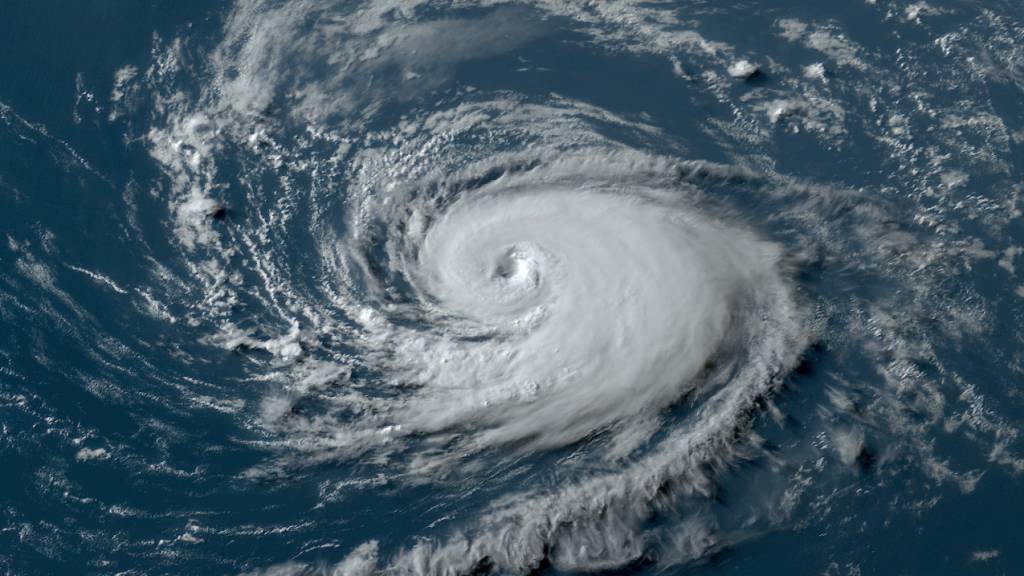
Living in beautiful coastal towns and beach communities offers residents spectacular views, easy access to the water, and a relaxed lifestyle. While the beach vibe is good for the soul and spirit, it also comes with one concern – hurricanes. Each year Hurricane Season runs from June 1 to November 30, with the most active period being between August and October.
During hurricane season, residents in these areas must be well-prepared and equipped to protect their lives and properties from the devasting impact of these natural disasters. Here are five key steps to prepare for hurricane season.
Step 1. Develop an Emergency Plan

Having a well-thought-out emergency plan is the foundation of hurricane preparedness. Every household member should be aware of the plan and their assigned roles in case of an emergency. Your emergency plan should include the following:
Evacuation Routes: Identify the nearest evacuation routes and shelters. Consider local and out-of-town options since some storms may require leaving the immediate area.
Emergency Contacts: Compile a list of emergency contacts, including local authorities, utility companies, and family members outside the area. Ensure everyone has this list accessible on their mobile phones and printed cards in case phones lose battery charge.
Communications Strategy: Establish a communications plan to stay in touch with family members during and after the storm, as phone lines may be down. Designate a family member as an emergency point of contact. Emails, texts, and social media channels are good ways to stay in touch during a hurricane.
Step 2: Stock up on Supplies
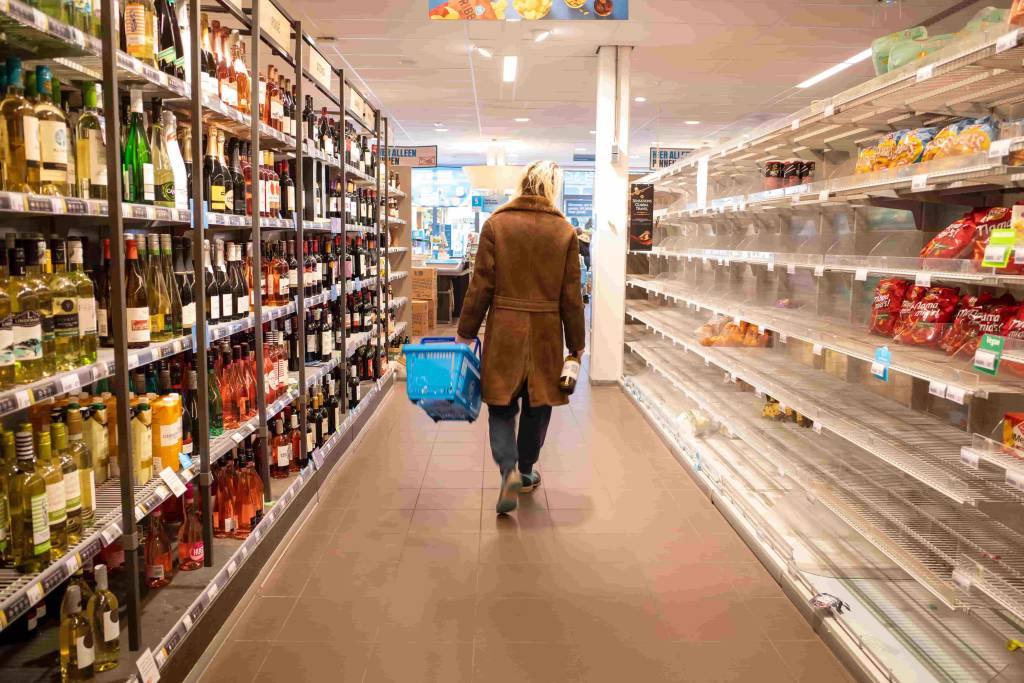
In a hurricane, access to basic amenities is typically disrupted for several days. Stocking up on essential supplies well before the storm approaches is critical.
Non-Perishable Food: Store at least a three-day supply of non-perishable food items like canned goods, dry snacks, and granola bars.
Water: Plan for at least one gallon of water per person daily for drinking and sanitary needs. Fill up tubs and containers if you plan to stay throughout the storm.
First Aid Kit: Gather a comprehensive first aid kit, including bandages, antiseptic wipes, medications, and any necessary prescription drugs.
Batteries and Flashlights: Have an ample supply of batteries for flashlights and portable radios. Extra power sources and cell phone chargers are also crucial so you can stay informed and in touch.
Important Documents: Safeguard essential documents like identification papers, insurance policies, legal papers, and medical records in waterproof containers. Don’t forget your passports and other necessary documents, as well.
Step 3: Protect Your Property
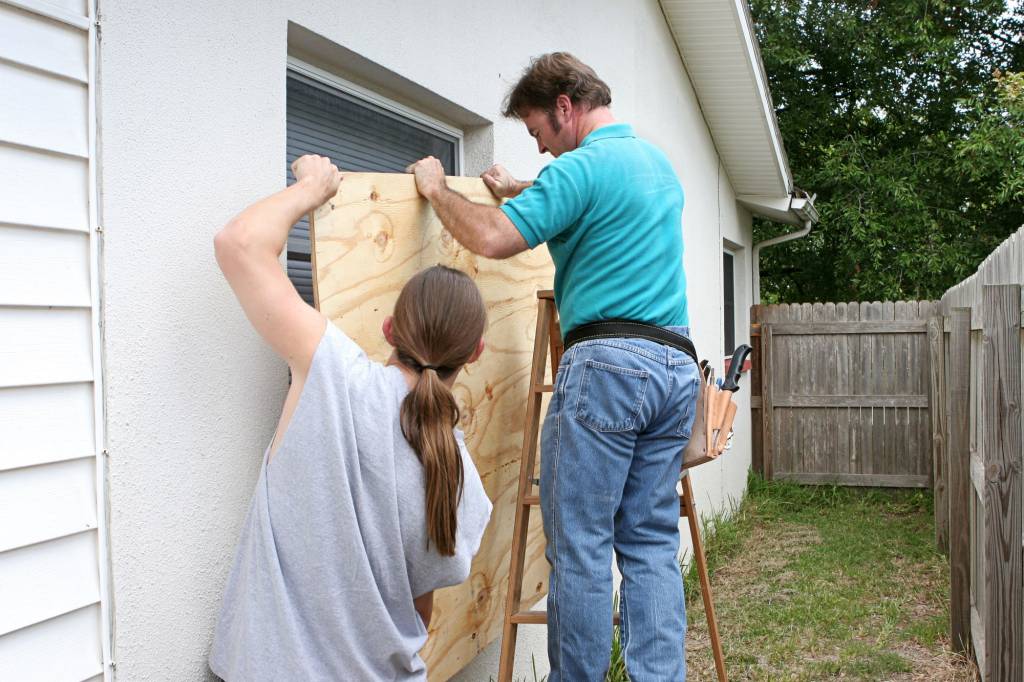
In beach communities, properties are highly susceptible to hurricane damage. Taking preventive measures can significantly minimize losses.
Secure Outdoor Items: Bring in outdoor furniture, grills, and other loose items that can become dangerous projectiles in strong winds.
Reinforce Doors and Windows: Install storm shutters or board up windows and glass doors to prevent shattering.
Trim Trees and Shrubs: Prune trees near your home to reduce the risk of falling branches or uprooted trees.
Elevate Electrical Equipment: Electrical panels, HVAC units, and other critical systems should be above potential flood levels.
Step 4: Prepare to Evacuate
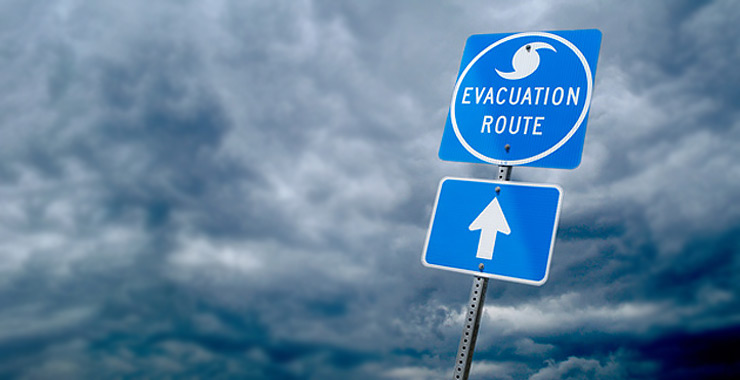
If authorities issue an evacuation order, it is critical to act promptly and responsibly.
Follow Official Instructions: Stay tuned to local news and announcements for evacuation orders and updates. Download local news apps to your phone to help you stay informed. Follow local news outlets and authorities on social media, as well.
Evacuate Early: Avoid leaving late, as traffic congestion can be overwhelming, and you might run out of fuel or get caught in the storm’s path.
Step 5: Stay Informed During and After the Hurricane
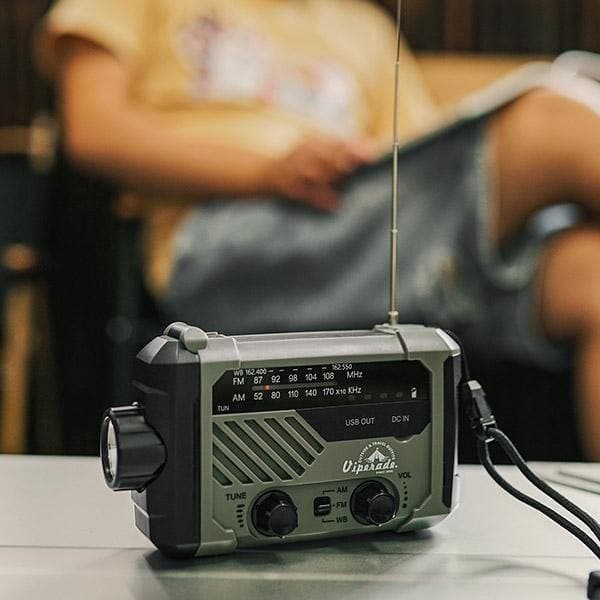
During the hurricane and its aftermath, communication is vital.
Battery-Powered Devices: Rely on battery-powered radios and mobile phones for news updates, as power outages may prevent other devices from working.
Stay Indoors: Refrain from venturing outside during the storm. Flying debris and water surges pose significant dangers.
Avoid Floodwaters: Stay clear of flooded areas, as they might be contaminated or concealing hazards.
Downed Powerlines: Avoid powerlines that have fallen during the storm. These may or not be live, so don’t approach them.
Living in beach communities offers beautiful scenery and a unique lifestyle but requires vigilance and preparedness during hurricane season. By developing a plan and following these five steps, residents can better weather the storm safely and minimize damage. Minimize your risks and stay prepared during hurricane season and all year long.

